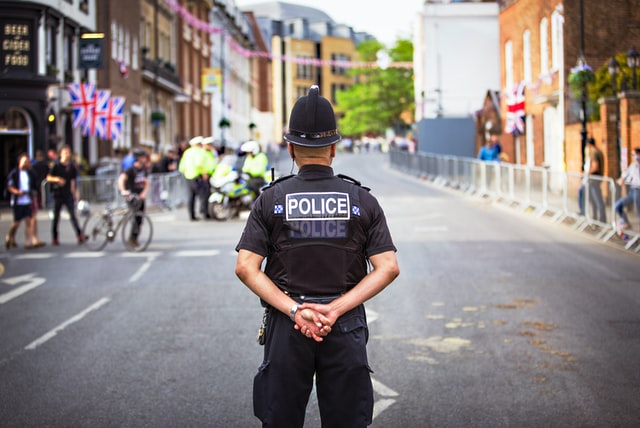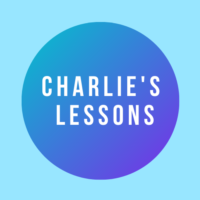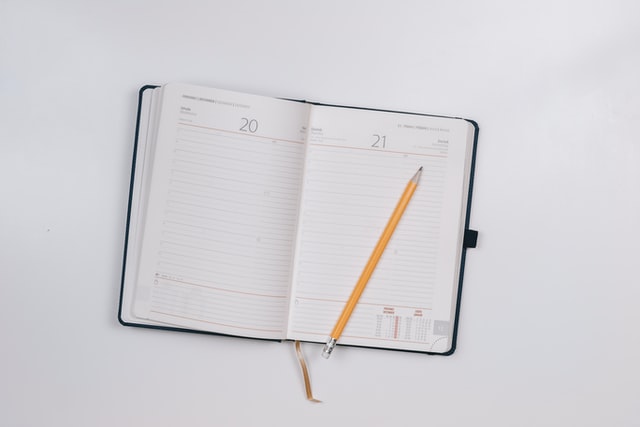Welcome back Charlie’s lessons and we’re continuing with speaking activities. This time we’re looking at speaking activities to practice the past simple. Firstly how do we use the past simple?
- to talk about finished actions
- to talk about finished states
- to talk about finished habits
Monday morning
The first practical function that we use in our everyday lives is on a Monday morning. When you first see your colleague or classmate, we ask:
What did you do on the weekend?
I usually get the same response though! Get into the habit of asking your students every Monday what they did on the weekend. If they do not give you an answer that you are happy with, make them say it again!
Our holidays
The second practical function that we use the past simple for is to talk about our holidays. We love talking about our holidays! It doesn’t matter if you’re in school or at work, there’s always that one person who comes back from the holiday and do not shut up about it!
After a holiday period, get your students to tell you everything they did on their holidays. If you’re not at one of these convenient times of the year, then get your students to tell you about their last holiday. Ask them:
- Where did they go?
- Who did they go with?
- What did they do?
- What things did they see?
Really pull as much information as you can from them. You can even set the questions on the board and get students in pairs to ask each other. Then get those students to feed back to the rest of the class.
When you teach English, it’s very common to run conversation classes for students, that’s why you should check out this post here.
Dear Diary
Number three is not something that’s common nowadays but when I was young it was quite common to write a diary. In these diary entries you would usually talk about what you did that day. Set up a community diary in the classroom. Have a notebook and ask your students to write just a few sentences about how their day went. The students don’t need to go into anything personal if they don’t want to and this will be again a good routine that you can incorporate into the class.
If you don’t have a physical option then there are a lot of online options for writing diaries. Platforms like Padlet has templates which are perfect for student contributions and if you start one now you can keep it going over the rest of the academic year. I made another post on utilizing Padlet in the classroom here.
Celebrity Diaries
If you have students who are not too keen on sharing personal information, you could get them to talk about their favourite singer, artist, actoror actress and get them to think about that person’s life. Your students will probably know enough to second-guess what they do each day.
For example; Imagine you were talking about Justin Bieber, in the morning he woke up. He probably made a tik-tok video, earned a million pounds and then he probably wrote a terrible song which went to number one in the charts. To end the day he went home and slept for the rest of the day.
Looking for even more speaking ideas? Check this post out here.
Past habits and routines
If you’re teaching adults ask a student to think of habits and routines that they did before now. In English that we can use ‘used to’ that has the same function but we can use the past simple, especially for lower levels. Ask the students:
- What habits and routines did they have when they were 10 years old?
- What habits and routines did they have when they were 15 years old?
- What habits and routines did they have when they were 20 years old?
When I was young I hated cheese!
The bad news is…
Something very typical we do in English-speaking countries when we’re giving news is to say;
Do you want the good news or the bad news?
This usually is in the past simple. So, for example; a typical thing to say is:
The good news is I went to the supermarket, the bad news is I didn’t buy anything you asked for!
Once students have the structure clear they can then roleplay giving bad news and then good news.
Alibi
I love murder mysteries and this activity is called ‘Alibi’. Tell the students there’s been murder or robbery. Choose two students to be police officers and two students to be the suspects.
Get the police officers to think of a list of questions that they’d like to ask the suspects. Then the teacher gives the suspects a guideline of questions that they can answer to come up with a story of where they were when the murder or robbery took place.

Once the two students have finished coming up with a story about where they were, separate them! Have one police officer interview one suspect and the other police officer interviews the other suspect. Once they have finished, swap and then when they’re both finished, have the two police officers come together and compare their notes.
Ask the police officers to think of any differences in the suspect’s stories. If there are a lot of differences you can charge the suspects with murder and send them to prison!
Guess where!
This idea is about guessing where a student went. Ask one student to think of place around the world and the other students have to ask them questions to guess where they went. For example;
- Did you eat croissants?
- Did you see the Eiffel tower?
You would continue with these questions until you’ve got the right answer and then elect another student to think of a different place.
The last time
We often use the past simple to talk about the last time you did something. Ask your students;
- When was the last time you went to the cinema?
- When was the last time you received a present?
- When was the last time you cooked?
If you ask your students when was the last time you went to the cinema, then this is perfect for more follow-up questions in the past simple. For example:
- Who did you go with?
- What did you watch?
- Did you like the film?
As you can see this opens up a lot more speaking activities for your students in the past simple.
Until next time
Thank you for reading this post on speaking activities to practice the past simple. I hope that some of these activities can help your students improve how they talk about things that happened in the past. Leave a comment below if you’re going to use any of these activities.

